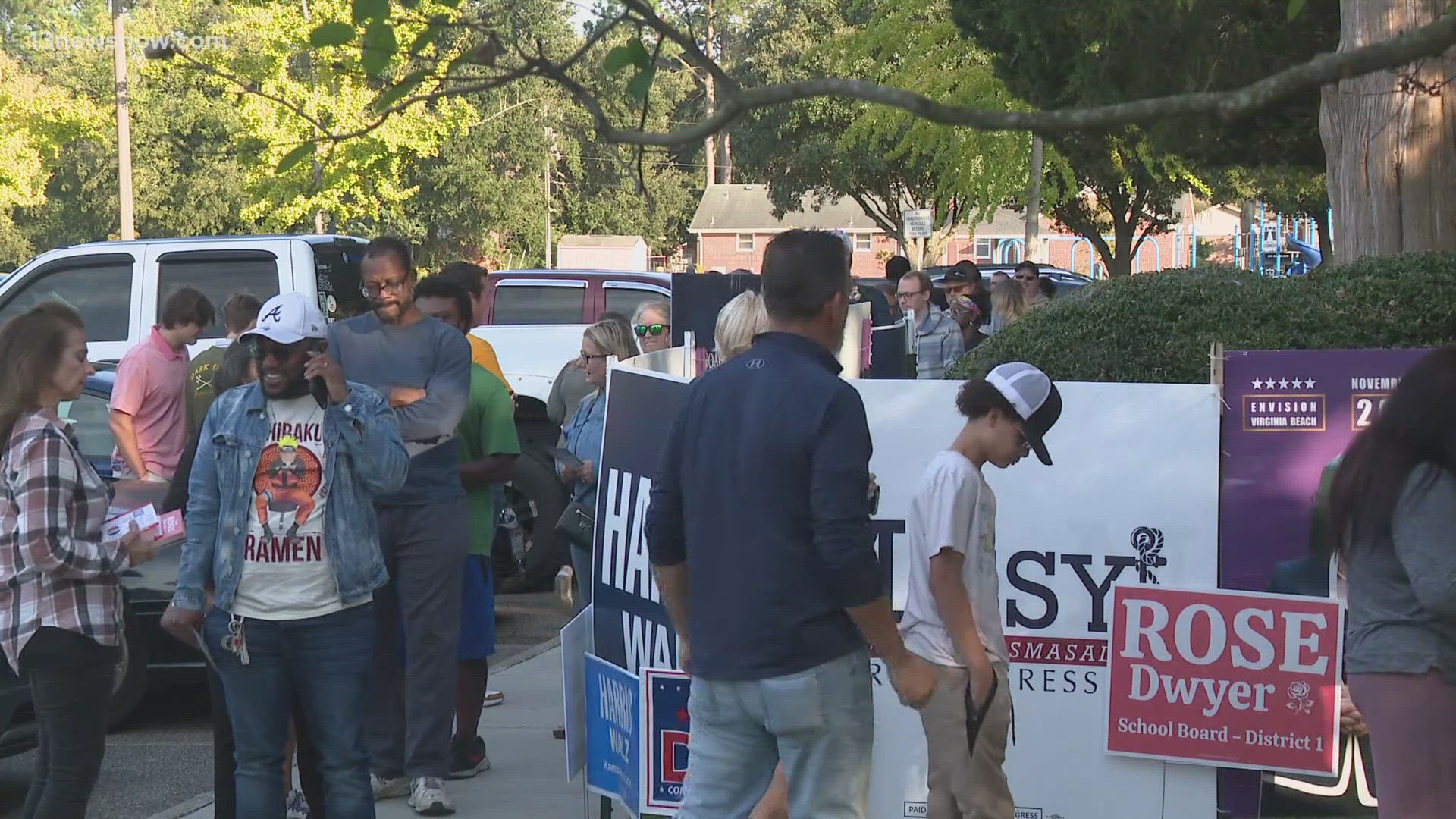WASHINGTON, D.C., USA — This election season, the FBI and the Better Business Bureau are warning the public about potential scams you may come across that attempt to prey on people who plan to vote.
The FBI said scammers use the names, images, logos and slogans of candidates in order to dupe people into making donations, purchasing merchandise that will never be delivered or giving away personal information.
The FBI compiled a list of a few types of scams they've seen, below:
Campaign Investment Pool Scheme
Victims are promised a return on their campaign contribution dollars if they invest in a pool to fund the candidate's campaign. The pool is guaranteed to grow and be returned to the victims after the candidate wins. Victims are also encouraged to recruit others to invest in the pool to increase their share of the payout.
Scam Political Action Committees
Victims are contacted by a scammer who misleads the victim to believe the scammer is affiliated with a legitimate Political Action Committee (PAC), such as a Super PAC or candidate’s campaign committee. The victim is duped into believing they are making a legal campaign contribution to a legitimate PAC but instead the scammers keep the funds for themselves and have no affiliation with the specified PAC.
Merchandise Online Purchase Scam
Victims are enticed to purchase merchandise with the logo of a political candidate though the company is not associated with the political campaign and does not ship the purchased product. This is a classic "non-shipment scam" or "non-delivery fraud" scheme taking advantage of victim's interest in the 2024 election.
Scam Voter Registration
Victims receive a text message or email stating they are not registered to vote in their state and encouraging them to click a link that takes the victim to a fraudulent state voter registration page. The victim may or may not already be registered to vote with their state. This scheme is a means to steal personal identifying information for identity theft and potentially to further target victims for additional scams.
How to protect yourself: things to know
- Exercise caution when receiving any unsolicited calls, texts, emails or surveys. Don't provide your personal information to anyone you don't know or click on any unknown links.
- Donations to a political campaign will not as an investment. They won't increase in value and be returned to you. Messages promising this likely are scams.
- Check the registration status of a political action or party committee on the Federal Election Commission website. You may need to research a little more, however, as some scam PACs are known to registered with the FEC.
- Research a company online before making any purchases by looking up customer reviews and Better Business Bureau complaints.
- You can check your voter registration status at the Virginia Department of Elections website, or at the State Board of Elections website for North Carolina voters.
Reporting scams
The FBI asks that victims report these potential scams to the FBI Internet Crime Complaint Center (IC3) at www.ic3.gov as quickly as possible. Be sure to include as much information as possible:
- The name of the person or company that contacted you.
- Identifying information about the company and/or individuals who contacted you, including phone number, address, email address, and websites.
- Financial transaction information including method of payment.
- Describe your interaction with the individual, including how contact was initiated, the type of communication, what you were told or instructed, what you provided, and any other details pertinent to your complaint.
Victims aged 60 or over who need assistance with filing an IC3 complaint, can contact the DOJ Elder Justice Hotline, 1-833-FRAUD-11 (or 833-372-8311).

